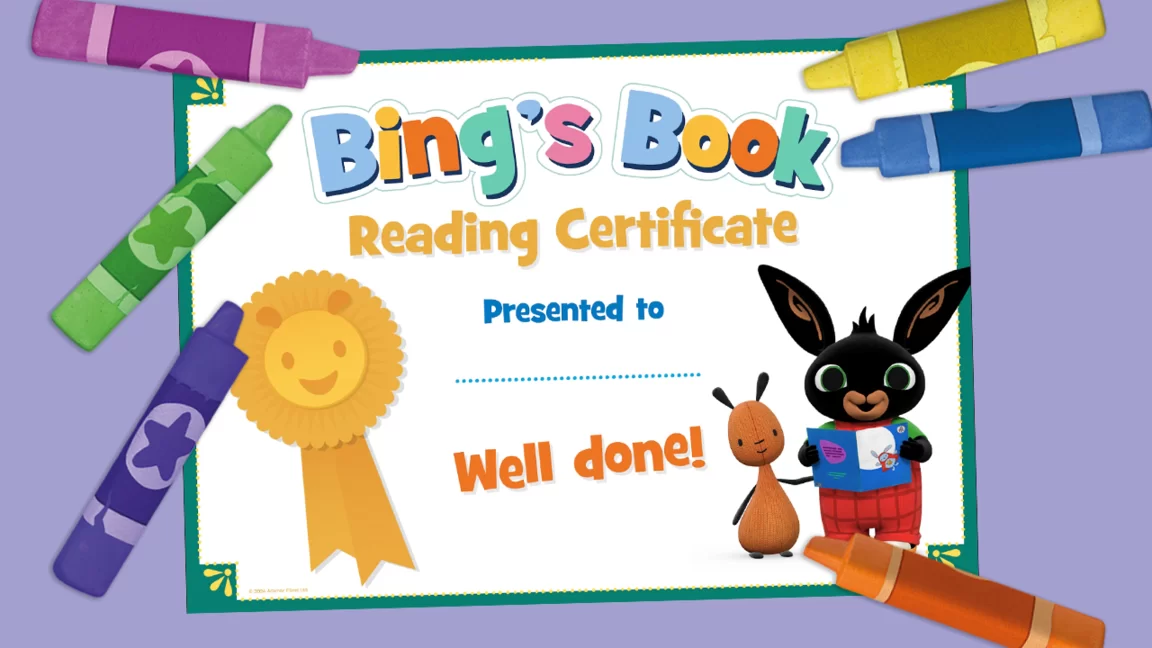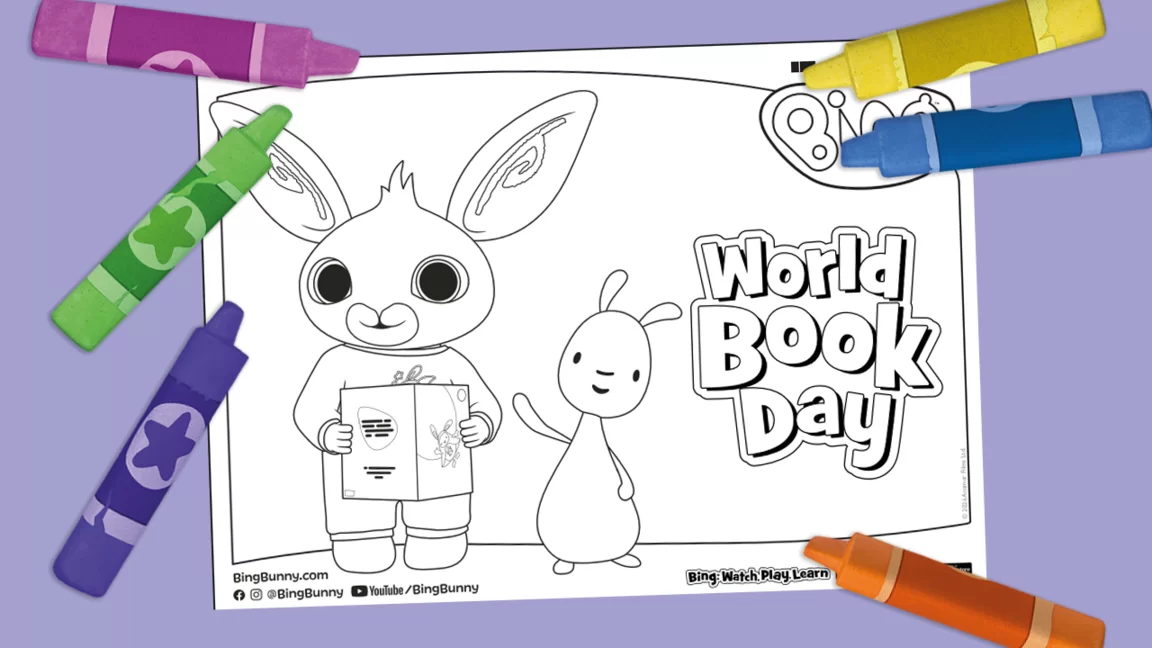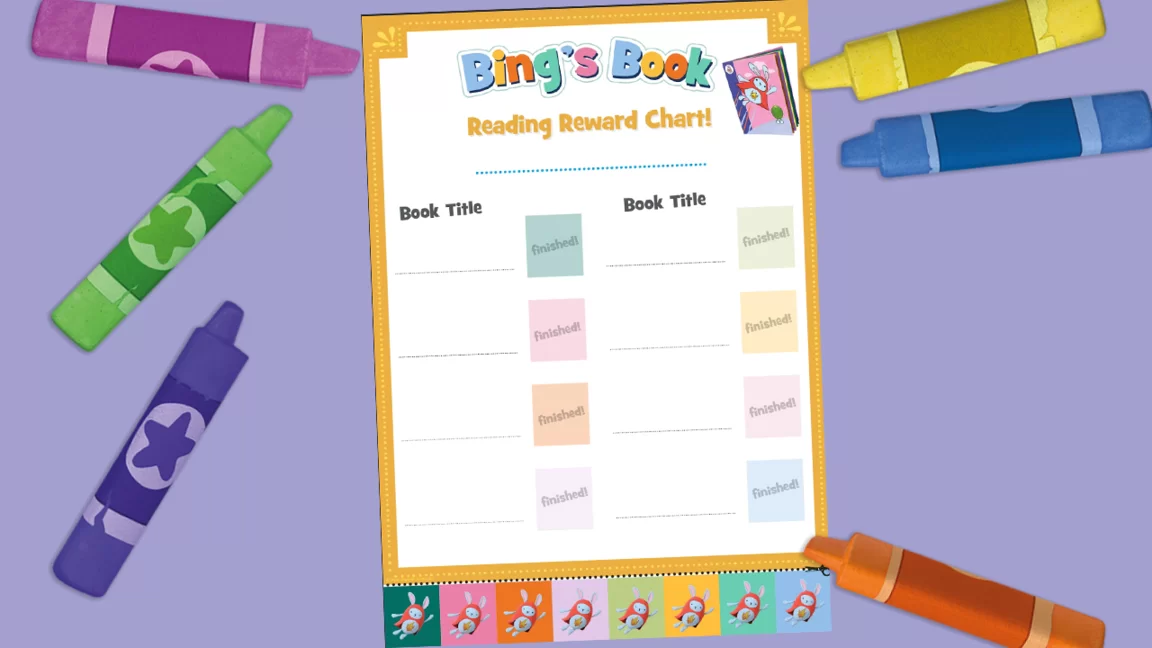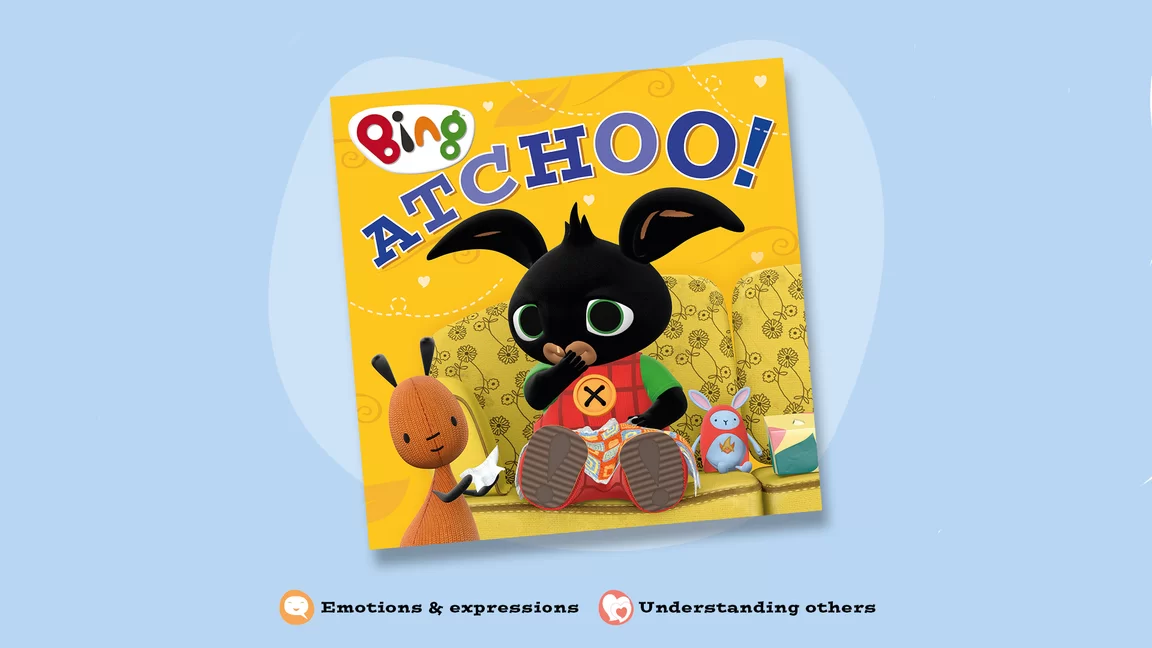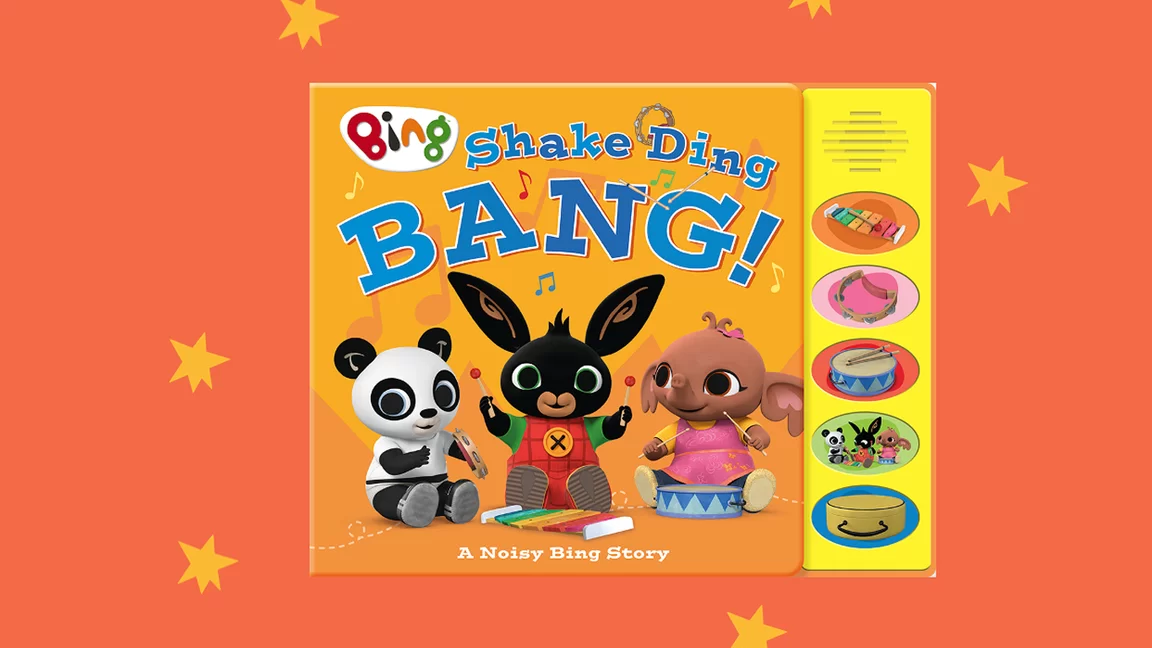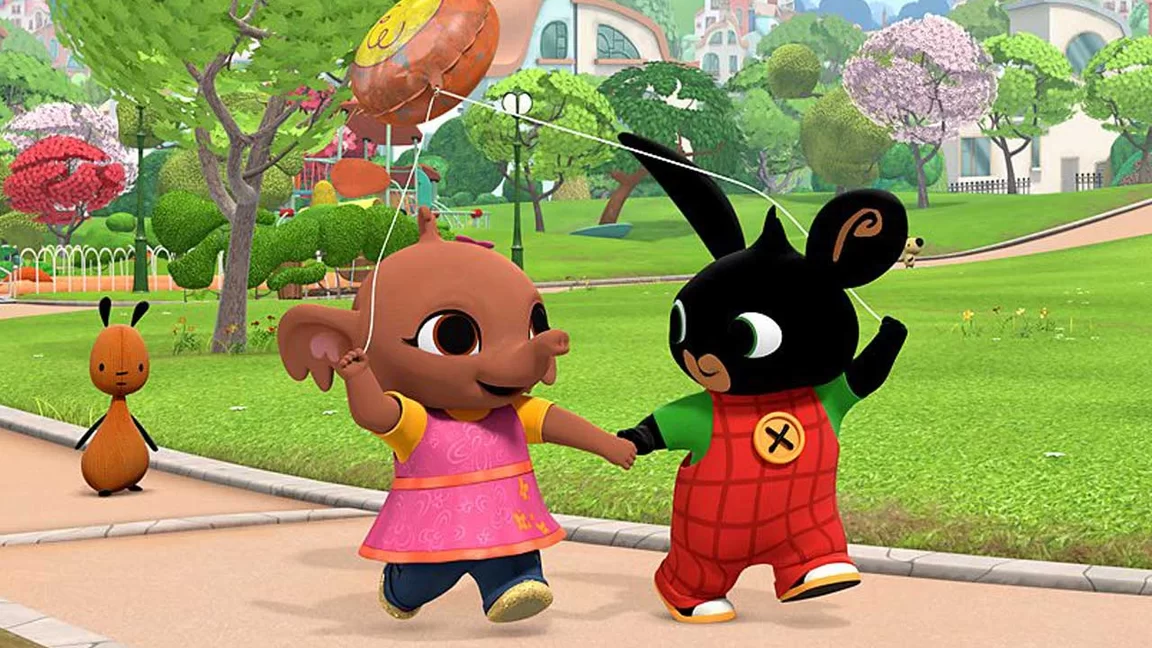
How Reading Can Help at Bedtime
Read to me because... your voice helps me fall asleep
By Monica Castagnetti
Children, especially babies, sleep a lot. Sleep is crucial for their development. The benefits that a good night's sleep can provide are many, but it takes time for babies and children to be able to regulate themselves completely; as in all experiences in life, at the beginning, they need the support of mum or dad in order to be able to let go peacefully and relax.
Sleep and sleeping patterns change, just as boys and girls change as they grow up, and what is done for them in the first thousand days, to accompany the first adaptation and transformations, leaves a deep mark on the lives of little ones. What is experienced as serene, peaceful, and pleasant in the first periods of life will remain so in later periods, like a lens through which everything that comes later will be seen and perceived.
Many experts have proposed models and ways of managing bedtime, but we must remember that people, even the smallest, can hardly stay locked in a preconceived scheme and the best thing, as always, is to get to know and respect each other from an early age, perhaps even trying to identify with or imagine what a little one might feel at certain times of the day. It is nicer to be in the company of someone, cuddled, caressed, just before bedtime, either for bedtime in the evening or for the various naps of the day; it is not difficult to understand this.
But what can be done to help a little boy or girl fall asleep peacefully?
As parents, it is good to always remember that in the first months sleep follows different phases and hardly ever reaches periods of long consecutive hours; awakenings depend neither on a whim nor on parental errors; sleep is simply made that way. It is better not to experience the sleep pattern of toddlers as a source of stress, nor to try to reach goals (10 consecutive hours of sleep) that are unattainable in the immediate future.
Bedtime is not always easy. The fatigue accumulated by the little ones makes them nervous, irritable, and can disturb even the most beautiful moments, leaving an ugly 'ripple' that in the long run makes adults and children restless. It can happen that parents experience bedtime with fatigue, a fatigue also felt by the little ones, who tend to adjust to the emotional climate they feel around them. In short, fatigue and restlessness rebound between mum or dad and the little ones, in a circle that spoils the well-being of that moment.
The moment of rest should be serene and promote the well-being of all, with the knowledge that parents have the possibility of proposing solutions and habits, from the birth of the child, that are useful in facilitating the pleasure of living this moment too.
Adopting a few good habits can help adults and children to accompany bedtime in a pleasant, relaxing way, experiencing small everyday things that are also good for growth. Shared reading is a small daily action that can trigger circuits of well-being. Reading together with a small child can mean many things, all, however, united by the voice of mum or dad accompanying the experience.
At first it is playing with the book as an object, making friends with it by crumpling it, biting it, taking a few glances at it before starting to turn it over in the hands or between the feet. Parents, in this case, accompany what the children do with praise, encouragement or funny expressions. As babies, the most beautiful book to look at is mum or dad's face, and the most beautiful words to hear are theirs!
Then, after the first six months of life, the relationship with the book changes: one can look at it together with mum and dad, cuddled up, while enjoying the physical contact, hear the words or stories, stopping on those that attract attention, make one laugh or spark a memory, and then return to look at the face of the adult who is there to experience a special moment together, while whispering sweet words.
After the age of one year, favourite stories begin, which are asked many times and are then also learnt by heart. Boys and girls really like to know what is going to happen to them a little in advance and knowing their favourite stories by heart reassures them, allows them to create a sense of anticipation and repeat the experience they enjoyed so much the first time! It is good to indulge these preferences and, even if adults get a little bored reading the same story over and over again, this becomes the perfect time to observe children as they show what they like and reveal a part of their personality. Here the adult switches places and finds himself, now that the children are older, reading their faces, as if it were the best book!
Reading together is an intense moment, when we allow ourselves the luxury of focusing on each other through the book, the words, the sharing... It is not so much what happens outside that counts, but what happens inside. The bond built through a voice reading to me, a voice telling me a story, is special. Getting to know your child, observing their reactions, what they ask for, their willingness to repeat some readings and others not, are all ways of connecting with them. Through a book you can find out who they are, what they think, how they play, what they like and what they don't... These are all dimensions that make the bond grow and strengthen it. What could be nicer, in fact, than being known, and recognised, by mum or dad? One feels protected, serene, adults and children together.
Download a printable version
About World Book Day
World Book Day is a charity event held annually in the United Kingdom and Ireland on the first Thursday in March. On World Book Day, every child in full-time education in the UK and the Republic of Ireland is provided with a voucher to be spent on books; the event was first celebrated in the United Kingdom in 1998.
About the author
Educational psychologist - for more than twenty years, Monica Castagnetti has been taking care of children and parents, offering support programs and educational enrichment. Since 2012, she collaborates with the "Centro per la Salute del Bambino ONLUS" in the "Early Childhood and Nurturing Care" area, offering training for educational, cultural, medical and social professions, with research and updates about responsive parenting, nurturing care and good practices for children's health and development. She conducts coordination and planning activities for experimentation and implementation of evidence.
Monica Castagnetti, Educational Psychologist

